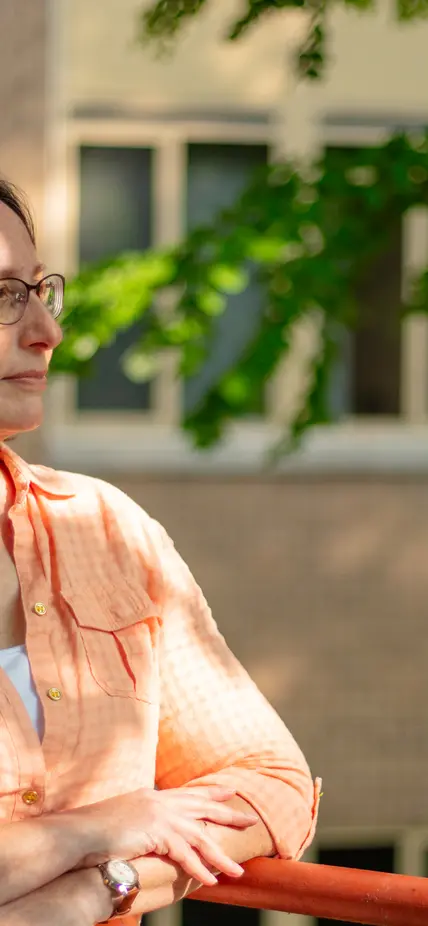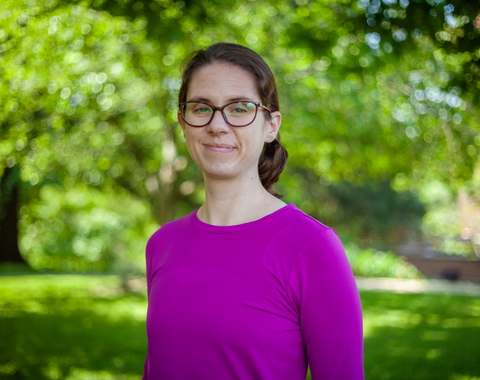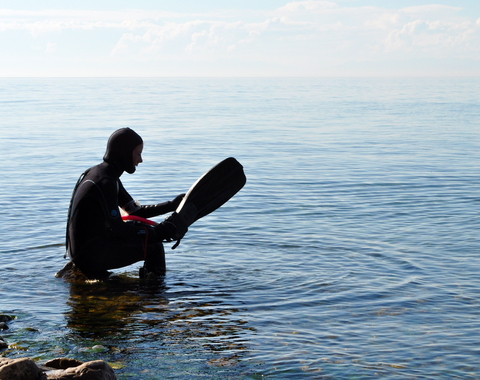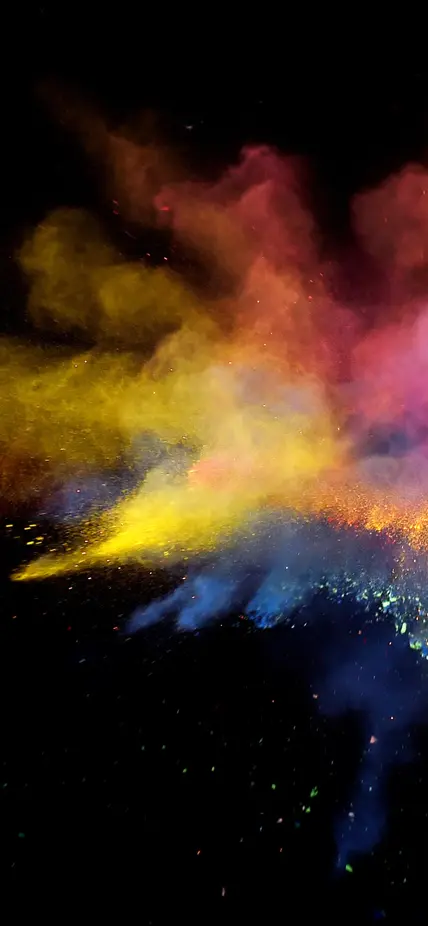This Women's History Month, we're shining a spotlight on remarkable women such as Alycia Weinberger through our Women of Influence series.
Weinberger, an observational astronomer and the Associate Division Director at the Carnegie Science Earth and Planets Laboratory, delves into the fascinating realm of planetary formation. Using a combination of space and ground-based telescopes, she observes young stars and their disks, uncovering the mysteries of planet birthplaces and planetary systems.
Join us as we explore Weinberger's journey and her groundbreaking contributions to astronomy. Stay tuned for more inspiring insights from our Women of Influence series!
Q1: What do you research at Carnegie Science?
I am an observational astronomer interested in planet formation, exoplanets, and brown dwarfs. My expertise includes high contrast/high spatial resolution imaging, infrared spectroscopy, astrometry, and instrumentation. I explore the early history of planets and how they interact with their natal environment, the circumstellar disk. I also study how material is distributed in disks, how disks dissipate, and how the compositions of disks may translate into those of planets.
Q2: What initially sparked your interest in science?
I have always been curious, and in fact, I don't think I've ever met a child who isn't curious. Science is a method for answering one's curiosity questions.
I always say that the mystery is why everyone doesn't want to be a scientist. I don't think people need a spark to be interested in science, as that comes naturally. What is apparently less natural is to keep that interest. For that, I have to credit my family and some excellent teachers.
Q3: Tell us about a significant milestone in your career, whether at Carnegie or prior to joining.
During my first year of graduate school, I realized I wanted to do observational astronomy, which was a bit of a departure from what I thought I would do. It was only a few months after I decided on that path that I got to go on my first observing run, which was to Palomar Mountain to help with observations on the Hale 200-inch Telescope.
Basically, I got to the telescope, and it was love at first sight. I'm now very fond of the Magellan Telescopes, but I've never forgotten my first observing run and my sense of awe and good fortune. By the way, the senior graduate student on that run who helped train me was Andrea Ghez, now a Nobel Laureate—one of the few women in physics so-honored. She's one of several impressive women I've had the pleasure of working with or near.
Q4: Are there personal achievements or pursuits that you find particularly fulfilling or noteworthy outside of your scientific work?
I'm an Assistant Scoutmaster for BSA Troop 255G—the G is for girls. I might have stayed on the sidelines of scouting, and just happily continued to wave goodbye as my kids went off on their Troop's adventures. But I had something of a turning point in 2017 when an eminent male aerospace engineer who has worked extensively with NASA came to talk to the then-only-boys' Troop in which my sons are Scouts and told the audience about how important being an Eagle Scout is. He even explained that he'd give a resumé of someone who had achieved Eagle a second look.
In that audience were also a number of extremely capable girls who were members of BSA's long co-ed Venturing program but were not then eligible to become Eagle Scouts. So, the talk infuriated meHere was an older man telling young people that only boys could achieve something that would benefit their lives and careers.
Then, about 5 years ago, BSA decided to extend its scouting program—up to and including the rank of Eagle Scout—to girls.
The girls who had been at the talk in 2017 did, in fact, go on to become members of BSA's first class of female Eagles in 2021.
I became a scout leader to help support girls—and yes, boys too; one of my sons is Eagle and the other is working on it—to realize their ambitions.
I enjoy helping young people appreciate the outdoors, and I've helped many scouts earn their Astronomy merit badges. But a surprising personal benefit for me has been that three of the other adult female leaders in our Troop are also PhD scientists—an entomologist, an oceanographer, and a soon-to-be PhD data scientist—and it's been a pleasure to meet, camp, hike and become friends with them.



